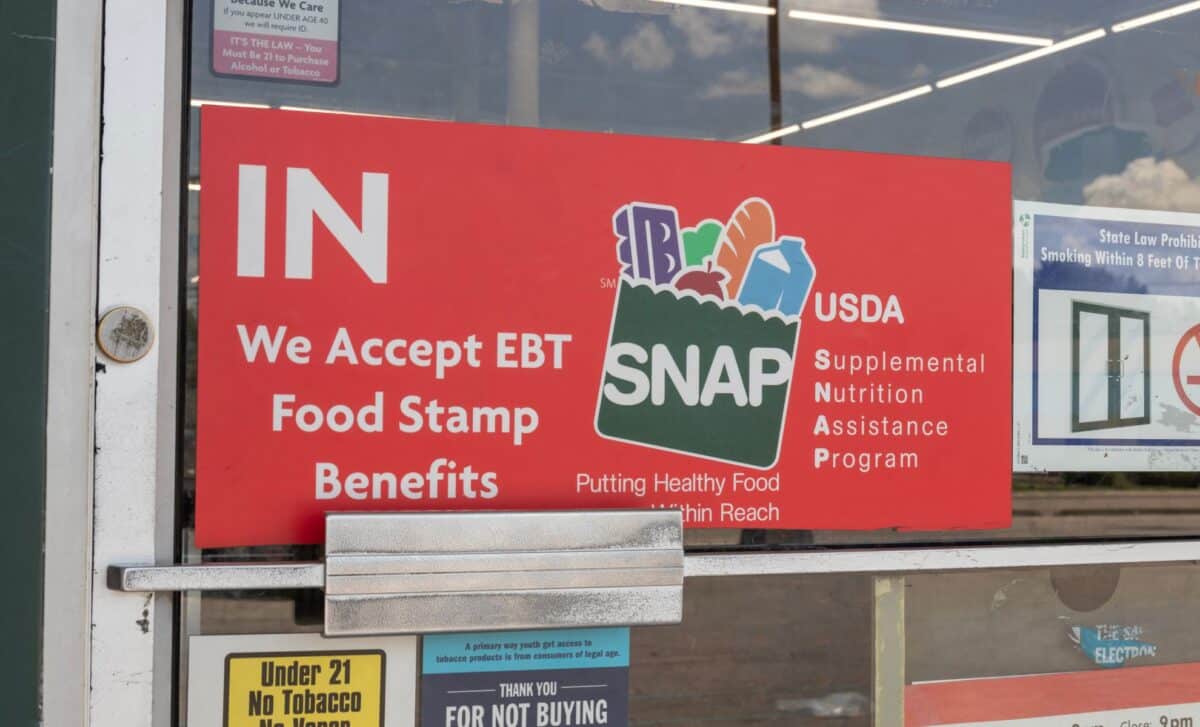The proposed changes in President Trump’s new tax and spending legislation are sparking widespread concern, particularly regarding its impact on the Supplemental Nutrition Assistance Program (SNAP).
According to advocates, the bill could result in drastic cuts to food assistance, leaving millions of vulnerable Americans without crucial support. These changes, if passed, may alter the structure and funding of SNAP for the first time in decades.
SNAP, which helps low-income individuals and families purchase food, is one of the nation’s largest and most vital public assistance programs.
With approximately 40 million Americans currently relying on the program, any alterations to its funding or eligibility requirements could have severe consequences. Trump’s proposed bill, currently under review in Congress, promises sweeping changes that could undermine this safety net for the most vulnerable.
Proposed Cuts to SNAP Funding: Shifting the Burden to States
One of the most significant aspects of the bill is its plan to shift part of the funding responsibility to states. Starting in 2028, states would be required to contribute at least 5% of SNAP’s funding, a substantial departure from the current federal-only funding model.
According to Democratic governors from 23 states, this change could place immense financial strain on state budgets, forcing many to choose between continuing the program and cutting other vital services. The governors have warned that the bill could lead to cuts in SNAP enrollment, leaving millions of food-insecure Americans without assistance.
The cost-shifting provisions are particularly concerning given the already strained state budgets. With rising costs and limited financial flexibility, many states might not be able to afford their share of the funding, potentially forcing them to withdraw from the program entirely. This would cut off essential assistance for families struggling to meet basic nutritional needs.
Changes to Eligibility and Work Requirements: New Barriers for Recipients
In addition to the funding cuts, the bill also proposes significant changes to the eligibility criteria and work requirements for SNAP recipients. Under the new legislation, the age for mandatory work requirements would increase from 54 to 64, potentially disqualifying older recipients.
Furthermore, parents with children over the age of six would be subject to these work requirements, a shift from the current policy which exempts parents with younger children.
These changes are expected to narrow access to the program, leaving many families and seniors in precarious situations.
According to the Food Research & Action Center (FRAC), tightening these requirements could increase the number of food-insecure individuals, especially as more families will struggle to meet the new criteria. This has raised alarm among advocates who argue that these restrictions will only exacerbate hunger and inequality.
Chefs and culinary organizations have also spoken out against the bill. Philadelphia-based restaurateur Marc Vetri, who founded the Vetri Community Partnership to teach kids about healthy eating, warned that cutting SNAP and its education program funding would hurt those struggling to eat.
“This is the furthest thing from waste. Knowing how to cook is a skill that can literally change a persons life and give them a skill that can keep them and their family healthy and well fed by focusing on making healthy choices,” he said, calling for changes to the bill that would better support vulnerable communities.
The James Beard Foundation, which represents chefs across the U.S., also voiced its opposition. They emphasized that SNAP is a crucial tool in the fight against hunger, and cutting it would have a detrimental effect on the entire food system.
“They know the people who come through their doors and into their kitchens. And they know that when people can’t afford food, our whole food system suffers — from the farmer to the line cook to the local restaurant.” the foundation stated.









